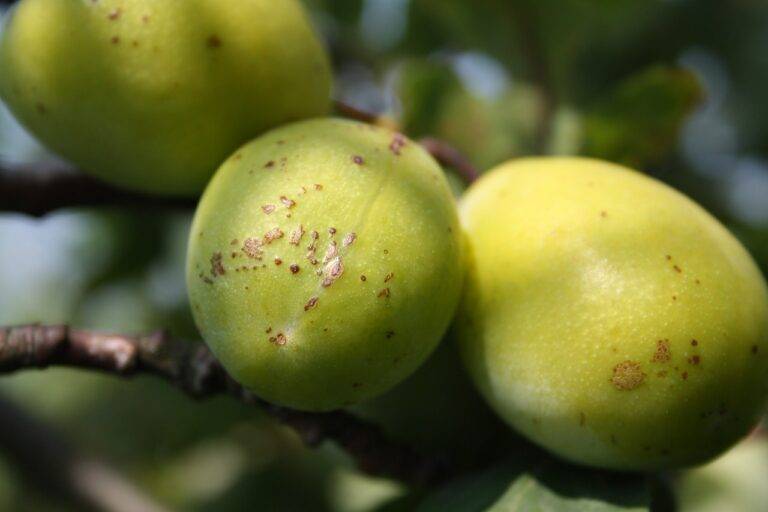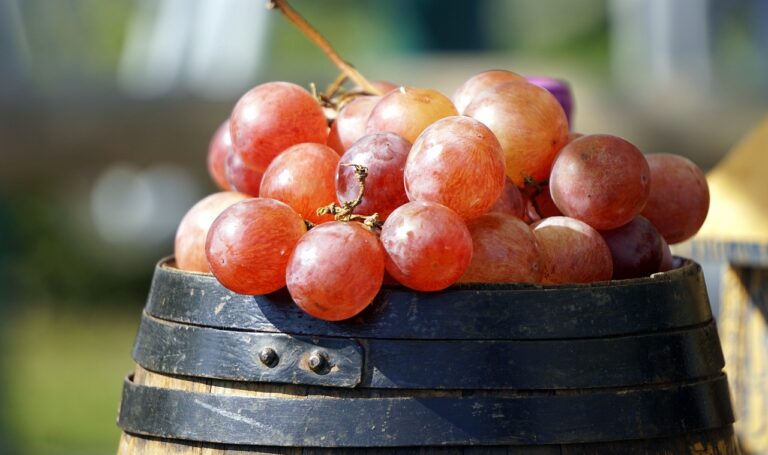The Role of Microbreweries in Promoting Sustainable Aquaculture Practices: Sky exch, World 777 com login, Gold bet
sky exch, world 777 com login, gold bet: Microbreweries have been gaining popularity in recent years, offering unique and artisanal craft beers to consumers. But beyond creating delicious beverages, microbreweries also play a significant role in promoting sustainable aquaculture practices. By partnering with local fish farms and utilizing byproducts from the brewing process, these businesses are making a positive impact on the environment and supporting the growth of the aquaculture industry.
The concept of sustainable aquaculture focuses on producing seafood in a way that minimizes negative impacts on the environment and promotes the health and wellbeing of the fish being raised. This includes using sustainable feed sources, reducing waste and pollution, and implementing practices that support the overall health of the ecosystem. Microbreweries have found ways to contribute to these efforts through innovative partnerships and creative solutions.
One way microbreweries are supporting sustainable aquaculture practices is by using spent grains from the brewing process as a feed source for fish. Spent grains are the leftover grains and husks that remain after the brewing process is complete. Instead of disposing of these grains as waste, many breweries are partnering with local fish farms to provide them as a nutritious and sustainable feed source for fish.
By repurposing spent grains in this way, microbreweries are reducing waste and supporting local aquaculture operations. This not only helps to reduce the environmental impact of brewing but also creates a closed-loop system that benefits both industries. Fish raised on spent grains are healthier and more sustainable, providing consumers with a more environmentally friendly seafood option.
In addition to using spent grains as feed, some microbreweries are also exploring innovative aquaponics systems that combine fish farming with hydroponic vegetable production. In these systems, fish waste provides essential nutrients for plants, which in turn help to clean the water for the fish. This symbiotic relationship between aquaculture and agriculture creates a sustainable food production system that minimizes waste and maximizes efficiency.
By implementing these creative solutions, microbreweries are not only promoting sustainable aquaculture practices but also educating consumers about the importance of supporting local and environmentally friendly food systems. Through collaborations with fish farms and the use of innovative technologies, these businesses are paving the way for a more sustainable future for both the brewing and aquaculture industries.
Heading 1: The Benefits of Sustainable Aquaculture Practices
Sustainable aquaculture practices offer a range of benefits for the environment, the economy, and consumers. By focusing on sustainability, fish farms can reduce their environmental impact, improve the quality of their products, and support the health of the surrounding ecosystem. Consumers have the opportunity to make more environmentally friendly choices when selecting seafood, knowing that they are supporting practices that prioritize the wellbeing of the fish and the planet.
Heading 2: The Role of Microbreweries in Sustainable Aquaculture
Microbreweries are playing a vital role in promoting sustainable aquaculture practices through partnerships with local fish farms and the adoption of innovative solutions. By utilizing byproducts from the brewing process, such as spent grains, breweries are creating new opportunities for collaboration and supporting the growth of the aquaculture industry. These efforts not only benefit the environment but also help to raise awareness among consumers about the importance of sustainable food production.
Heading 3: Spent Grains as Fish Feed
Spent grains are a valuable byproduct of the brewing process that can be repurposed as a nutritious feed source for fish. By providing fish farms with spent grains, microbreweries are reducing waste and supporting the production of sustainable seafood. Fish raised on spent grains are healthier and more environmentally friendly, offering consumers a more sustainable choice when it comes to selecting seafood.
Heading 4: Aquaponics Systems
Some microbreweries are taking sustainable aquaculture a step further by implementing aquaponics systems that combine fish farming with hydroponic vegetable production. These innovative systems create a closed-loop cycle where fish waste provides nutrients for plants, and plants help to clean the water for the fish. By integrating aquaculture and agriculture in this way, breweries are not only reducing waste but also maximizing efficiency and promoting sustainable food production.
Heading 5: Environmental Benefits
The environmental benefits of sustainable aquaculture practices are significant. By reducing waste, minimizing pollution, and conserving resources, fish farms can operate in a more eco-friendly manner. Microbreweries that support sustainable aquaculture practices contribute to these efforts by offering a more sustainable feed source for fish and promoting innovative technologies that improve the overall efficiency of aquaculture operations.
Heading 6: Economic Benefits
In addition to the environmental benefits, sustainable aquaculture practices offer economic advantages for both fish farms and microbreweries. By collaborating with local businesses, fish farms can reduce their operating costs and improve the quality of their products. Microbreweries that support sustainable aquaculture can attract environmentally conscious consumers and differentiate themselves in a competitive market. These economic benefits create new opportunities for growth and innovation within both industries.
FAQs
Q: How can consumers support sustainable aquaculture practices?
A: Consumers can support sustainable aquaculture practices by choosing seafood products that are produced in an environmentally friendly manner. Look for labels or certifications that indicate sustainable farming practices, such as the Aquaculture Stewardship Council (ASC) or the Marine Stewardship Council (MSC). Additionally, purchasing seafood from local sources and businesses that prioritize sustainability can help to promote the growth of sustainable aquaculture.
Q: What are some other ways microbreweries can promote sustainability?
A: In addition to supporting sustainable aquaculture practices, microbreweries can promote sustainability in other areas of their operations. This may include reducing water and energy consumption, using eco-friendly packaging materials, and partnering with local farmers and suppliers to source ingredients. By taking a holistic approach to sustainability, microbreweries can make a positive impact on the environment and set an example for other businesses in the industry.
Q: How can aquaponics systems benefit both fish farming and agriculture?
A: Aquaponics systems offer a range of benefits for both fish farming and agriculture. By combining these two industries, aquaponics systems create a closed-loop cycle where fish waste provides essential nutrients for plants, and plants help to clean the water for the fish. This symbiotic relationship increases the efficiency of both systems, reduces waste, and promotes sustainable food production. Aquaponics systems can also help to conserve water and land resources and support the growth of local food systems.
In conclusion, microbreweries have a crucial role to play in promoting sustainable aquaculture practices. By collaborating with local fish farms, utilizing byproducts from the brewing process, and exploring innovative solutions such as aquaponics systems, these businesses are making a positive impact on the environment and supporting the growth of the aquaculture industry. Through their efforts, microbreweries are not only producing delicious craft beers but also contributing to a more sustainable future for food production and the planet as a whole.







